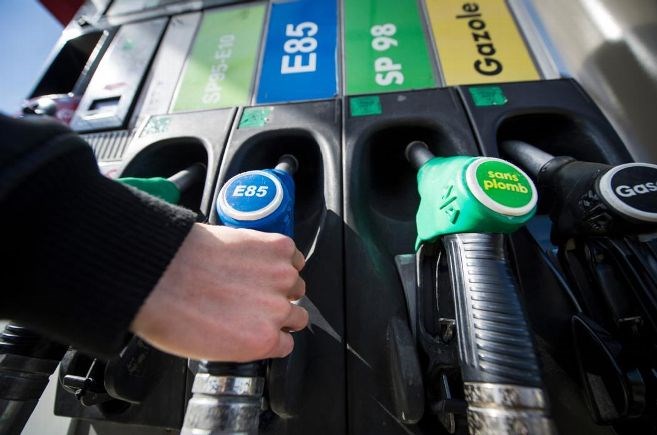Renewable resolutions: How the EU can make the best of biofuels in 2023
Remember when 2022 was going to be the year Europe finally started delivering on its emissions-reduction promises, with ambitious changes to energy and climate laws super-charging Europe’s drive to carbon-neutrality?
What a difference a year makes. The Russian invasion of Ukraine and ensuing economic fallout across Europe quickly changed the dynamics of the EU debate on Fit for 55 legislation – placing even greater importance on Europe’s energy independence and food security and motivating EU leaders to double-down on their decarbonisation ambitions.
 But these challenges just make it all the more important for the EU to resolve to do better in 2023 – especially when it comes to biofuels such as renewable ethanol, which unfortunately continue to be undervalued in the wider debates on reducing emissions, reducing dependence on foreign oil and boosting domestic food security.
But these challenges just make it all the more important for the EU to resolve to do better in 2023 – especially when it comes to biofuels such as renewable ethanol, which unfortunately continue to be undervalued in the wider debates on reducing emissions, reducing dependence on foreign oil and boosting domestic food security.
Here’s a wish list of EU biofuels policy resolutions for the New Year:
Consistency: In its various Fit for 55 policy pieces, the EU is taking a patchwork approach to biofuels. The European Parliament’s vote last year on revision of the Renewable Energy Directive II included a definitive statement about the continued importance of sustainably produced crop-based biofuels such as renewable ethanol to achieving EU climate goals. But proposals on aviation and maritime decarbonisation ignore these clear statements and relegate sustainable crop-based biofuels to second-class-citizen status.
Perhaps most confusing of all is the latest draft Council Presidency compromise text on the revision of the EU Energy Taxation Directive (ETD), which unfairly discriminates among renewable fuels. In this draft, it is striking to note that sustainably produced crop-based renewable EU ethanol – which significantly contributes to the GHG emissions reduction in the transport sector under RED II – would be taxed at a level identical to regular fossil fuel.
Shouldn’t EU tax policy be consistent with its climate goals? Instead of discriminating against renewable fuels, taxation should adequately reflect their sustainability and GHG savings compared to fossil fuel. That’s just common sense. Speaking of which…
Common sense: It’s clear the transition to electric vehicles will take time and will not immediately include all segments of society. Europeans continue to buy and drive petrol and hybrid cars and these cars will be predominant on EU roads for a long time to come. The only way to reduce emissions from these vehicles is with renewable ethanol.
Even now many EU Member States are falling short of their transport emissions-reduction goals – especially when the impact of multipliers is removed. Multipliers give a counterproductive and unrealistic view of real progress towards climate goals. Moreover, the EU push for electrification fails to consider the full life-cycle emissions of battery EVs running on electricity that isn’t always climate-friendly.
Meanwhile crop-based biofuels such as renewable ethanol have been by far the main renewable in energy source in EU transport; their importance now and in the years ahead cannot be ignored by policymakers. Even the European Commission has predicted that demand for renewable ethanol in the EU will increase by 2030. The bottom line is that domestic European production of renewable ethanol – which requires only 1%-2% of EU grain and also produces high-quality vegetable protein for animal feed to contribute to EU food security as well as other important co-products, such as biogenic CO2 – should continue to play an important role in the EU drive to carbon-neutrality.
Clarity: The way forward should be clear to policymakers. Crop-based biofuels such as renewable ethanol are the most immediate, cost-effective, sustainable and socially inclusive emissions-reduction solution the EU has. Unleashing their potential should be a paramount goal for this year if Europe truly wants to deliver on its 2030 objectives and beyond.
Whether it’s in the proposed revision of the ETD, further changes to the RED II or in CO2 standards for cars, it’s only by sending this clear and consistent message with coherent policies that the EU can achieve our common goal: getting fossil fuels out of transport.
